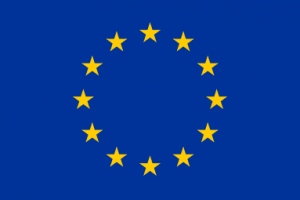The FEDORA handbook is a comprehensive and quick guide to the FEDORA project’s findings, insights, and recommendations for science educators, policymakers, and anyone interested in science education as a driver for sustainable futures. It presents a range of perspectives through our studies, recommendations, and frameworks, inviting you to apply them in various educational contexts. They are conceived as conceptual tools that can help educators imagine and design future-oriented, engaging, relevant, and meaningful science learning experiences for learners of all ages and backgrounds.
Please, download it here and help us disseminate it!: FEDORA_Handbook
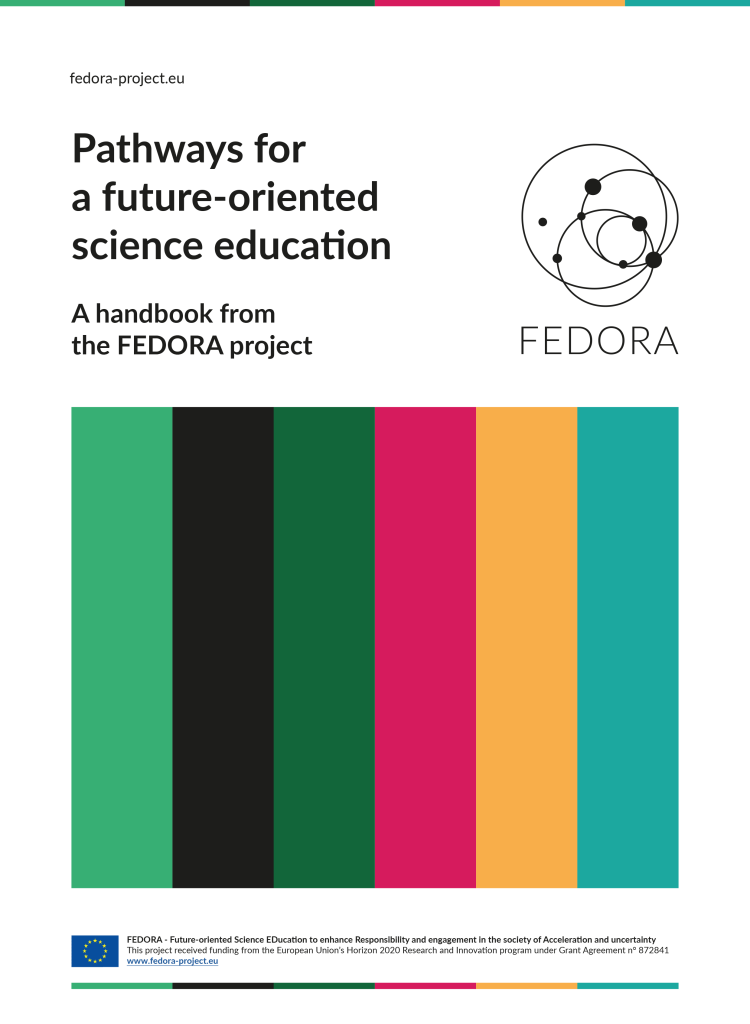
Last week, the European Science Education Research Association, ESERA, Conference brought together researchers, educators, education professionals and policymakers from across the world; more than 100 nationalities were represented and shared the latest advancements in science education.
Among the standout contributors was our EU Project FEDORA, which counted with the attendance of 12 dedicated partners. FEDORA not only participated actively but also presented research results organised a symposium, several presentations and a workshop centred on the future of science education in schools.
With the room full of participants, both the workshop and the symposium sparked questions and conversations among the attendees. You can access all presentations here:
Workshop: PreConference Workshop - ESERA conference
Symposium: "Future-Oriented Science Education to Regenerate School Systems for the Society of Acceleration and Uncertainty":
Presentation about Interdisciplinarity: 1_WP1_Interdisciplinarity_Pucetaite_Jovarauskiene
Presentation about New Languages: 2_WP2-New Languages - Conti_Troncoso
Presentation about Futures' Thinking: 3_WP3_Future thinking_Laherto
Presentation about Delphi Study: 4_WP5_Delphi study_Chan
"Time is out of joint": Reimagining time-rituals in science teaching and learning: Levrini_Panel_Time in post-pandemic, ESERA 2023_v5
Epistemological implications of different methodological approaches in textual data analysis: Caramaschi_Zanellati_Levrini_oral_presentationESERA23
Educational reconstruction to promote (physics epistemic) identity: De Zuani_SIG5 symposium
The Quantum Atelier project: Results from an interdisciplinarity experience between art and science:Satanassi_Quantum Atelier
The ESERA Conference has long been recognized as a premier platform for sharing and discussing the latest research and developments in science education. We look forward, in two years, to meeting and sharing new findings in Copenhagen at ESERA 2025!
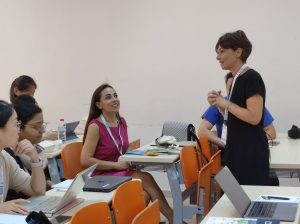
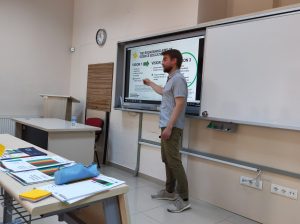
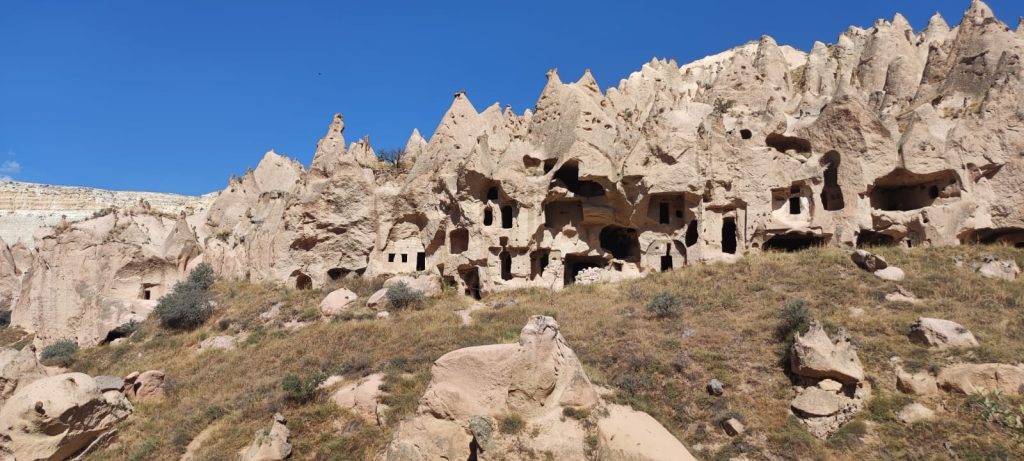
The FEDORA handbook is a comprehensive and quick guide to the FEDORA project’s findings, insights, and recommendations for science educators, policymakers, and anyone interested in science education as a driver for sustainable futures. It presents a range of perspectives through our studies, recommendations, and frameworks, inviting you to apply them in various educational contexts. They are conceived as conceptual tools that can help educators imagine and design future-oriented, engaging, relevant, and meaningful science learning experiences for learners of all ages and backgrounds.
Please, download it here and help us disseminate it!: FEDORA_Handbook

With over 50 participants, including educators, researchers, policymakers, and experts in Responsible Research and Innovation (RRI), FEDORA’s project Final Event took place on May 25 and 26 at the Liaison Office of Lithuania in Brussels.
The event marked the culmination of three years of dedicated research and practice to shake science education and address the existing mismatch in traditional teaching methodologies.
The FEDORA project sought to dismantle the barriers posed by rigid disciplinary education, linear narratives, and the lack of future orientation and agency among students. Through extensive collaboration and innovative approaches, FEDORA aimed to create a more inclusive, forward-thinking, and engaging educational framework.
During the Final Event, the FEDORA project team presented their frameworks, the Future Manifesto, especially applied to the contexts of open schooling. Attendees were provided with a comprehensive overview of the project's main achievements and were introduced to the results of the Delphi study conducted among education policymakers. The study aimed to gather valuable insights and perspectives to guide the development of future-oriented educational policies.
Participants had the opportunity to explore potential pathways and challenges in the field of science education. Additionally, renowned experts in Responsible Research and Innovation were invited to reflect on the FEDORA project's findings and discuss how they could be integrated into ongoing educational discussions, enriching the MORRI indicators.
The name "FEDORA" draws inspiration from Italo Calvino's literary masterpiece, "The Invisible Cities," where Fedora is one of the enchanting cities described within. This evocative name symbolizes the project's ambition to reshape the educational landscape and make science education more visible, accessible, and adaptable to the needs of future generations.
The Final Event of the FEDORA project proved to be a resounding success, showcasing the transformative power of collaborative efforts and innovative thinking. The participants left inspired and equipped with the knowledge and tools to contribute to the advancement of science education.
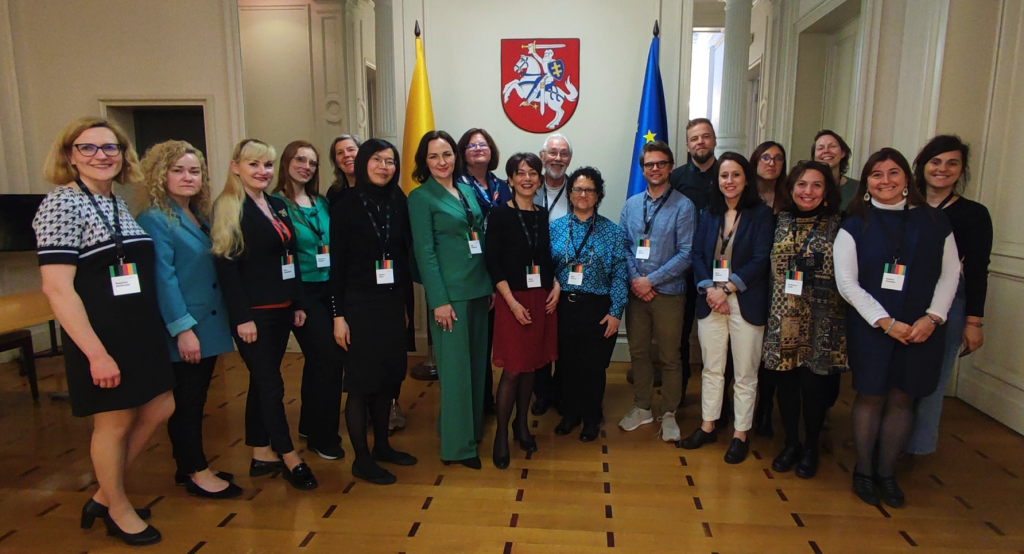
For more information about the FEDORA project and its outcomes, please explore our website; you will find plenty of resources.
The EU-Project FEDORA, a three-year research project on the interdisciplinary and future-thinking approaches to teaching and learning science, is proud to announce its final event to be held on May 25-26. The event will take place in Brussels at the Lithuanian Innovation Liaison Office. It will feature two main activities: engaging the project results with the RRI (Responsible Research and Innovation) community and engaging with policymakers.
Over the course of the project, FEDORA has been investigating innovative and interdisciplinary approaches to teaching and learning science in both formal and non-formal contexts. The project has brought together experts from various fields, including science education, technology, sociology, philosophy and arts, to explore how boundaries, frontiers and disciplines can be addressed in new teaching methods to enhance scientific literacy and foster creativity and innovation.
It will be an opportunity to share the project's findings and engage with key stakeholders that can foster the legacy of what the project has found. Participants will have the chance to learn about FEDORA’s outcomes in science education and discuss how interdisciplinary and future-thinking approaches can be incorporated into existing educational practices.
For more information about the project and the final event, please get in touch with us.
After 3 years of researching, sharing and experimenting creatively together with teachers, schools and academics, the FEDORA project wants to celebrate and reflect on its achievements, and the path walked together.
On May 25, the project partners will meet to reflect on the last stage of the project. Following this session, we will run a Morri Indicators Expert Workshop during the afternoon.
On May 26, "FEDORA engages policymakers" to reflect and dialogue about futures thinking in science education and how they can support a deep shift at a policy-level project. The event will be held at the Innovation Liaison Office in Brussels (LINO) of the Research Council of Lithuania, Rue Belliard 41/43, 1040 Etterbeek, Brussels
Registration for both sessions will open soon.

"Lenses for tomorrow" is our podcast, exploring FEDORA's three main topics: interdisciplinarity, creativity -new languages- and future thinking. Our interviewees on this occasion are Raminta Pucetaite from the Kaunas University of Technology and Shulamit Kapon, a Technion University of Technology professor from Israel. Together, they share their views about the role of disciplines, how boundaries help us to build identities and what brings science education moving beyond these borders, aiming for a more interdisciplinar practice of education.
Enjoy it!
"Views from the Lab" is Pearson‘s podcast, and here you can listen to the in-depth conversation led by Andy Woods, presenter of Pearson Edexcel Science. In this episode, Andy Woods talks to Professor Sibel Erduran from the University of Oxford's education department and FEDORA's expert in charge of the policy aspects of our project. Professor Erduran explains the aims of FEDORA, as what knowledge, skills, attitudes, and values will today’s students need to thrive in and shape their world. In addition, they discuss how we can develop students into informed ‘citizens of science’ grappling with concepts in a world of fast-paced change and how can we help understand the big picture of science, meaning values, contexts and a whole environment where science thrives and happens.
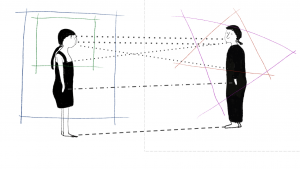
"Lenses for tomorrow" is our FEDORA's podcast and it has just been launched. We are thrilled to share with you the launch of the first of a series of 5 episodes that explores FEDORA's three main topics: interdisciplinarity, creativity -new languages- and future thinking. Our interviewees on this occasion Olivia Levrini, FEDORA Coordinator and Professor at the University of Bologna and Richard A. Dushl, from our advisory board.
Don't miss it and spread the word!
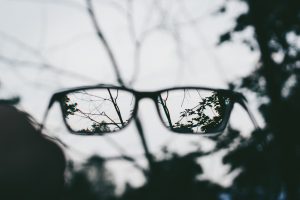
Photo by Andrik Langfield on Unsplash
A closer look into our Round Table on Proactive anticipatory policies
With the participation of more than 50 researchers, professionals and students, the roundtable organised by FEDORA last Thursday 3 November at the University of Bologna conveyed a myriad of reflections through the contributions of its 4 keynote speakers and the conversations sparked during the event. Facilitated by Dr Antti Laherto, professor in Science Education at the University of Helsinki, the event kicked off with a presentation by Dr Olivia Leverini, Coordinator and Lead of the FEDORA project. She walked the audience through the main components and achievements of the EU-funded project, which is looking deeply into the dissonances between the historic science education models and the needs and questions of modern societies. The bottom line is how to grasp the future and enable action and agency in the present through science education.
Dr Levrini highlighted that the studies, interviews and surveys deeply tried to understand interdisciplinarity from different angles and the fact that we need disciplines. They are lenses through which we can look from diverse perspectives and help to understand boundaries and moreover, inhabit boundaries. Metaphors become helpful to bring understanding to the complexity of where we live and it is here where new languages are needed and are invited to guide us through possible paths that foster actions in the present, thinking into the future.
Each of the invited speakers contributed from their field of expertise to what the conference aimed for: an active exchange of different perspectives, coming from transdisciplinary fields of work.
A poster session was installed on one side of the auditorium and participants were invited to share their thoughts and questions, while looking at the answers given by the public on "Postcards for the future".
You can enjoy the video, which summarises the whole event: Video FEDORA roundtable and our gallery with a selection of pictures of the day!
On the next day, the FEDORA project participated in the Conference on Interdisciplinarity in STEM Education organised by the IDENTITIES project. It was a synergy action that brought together 6 different European projects that are researching different aspects of science education and open schooling. For more information, please visit https://identitiesproject.eu/conference-on-interdisciplinarity-in-stem-education/
